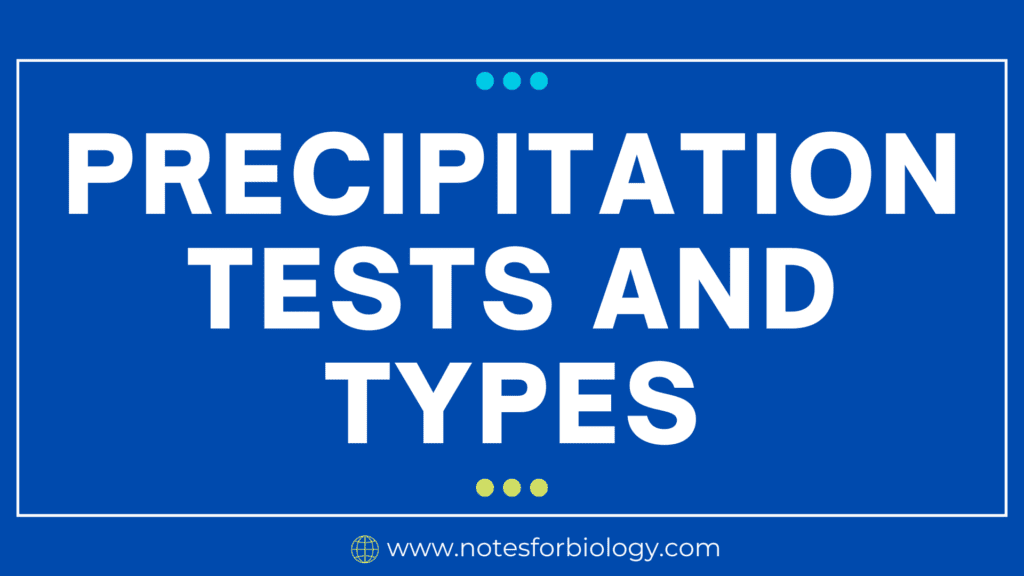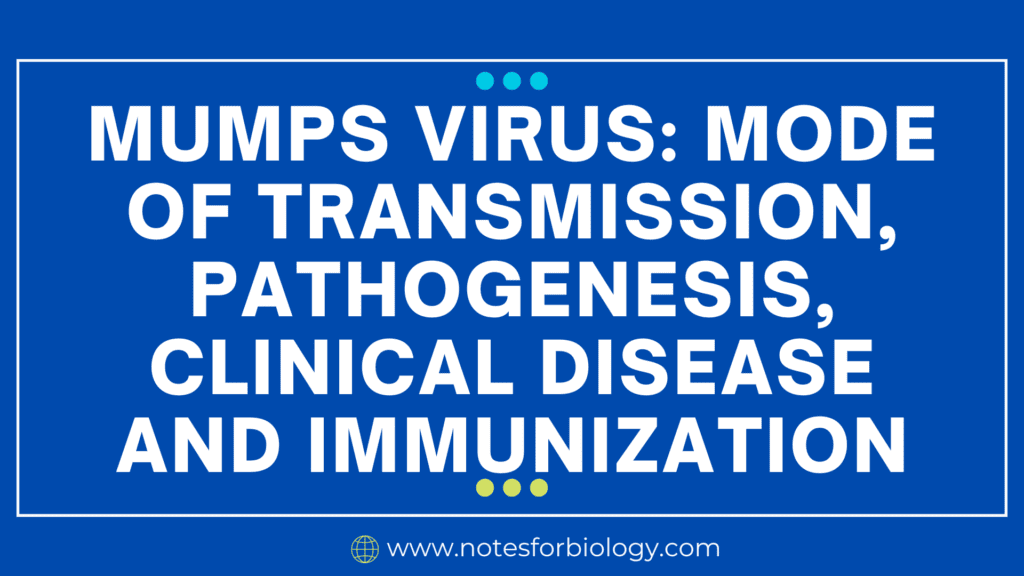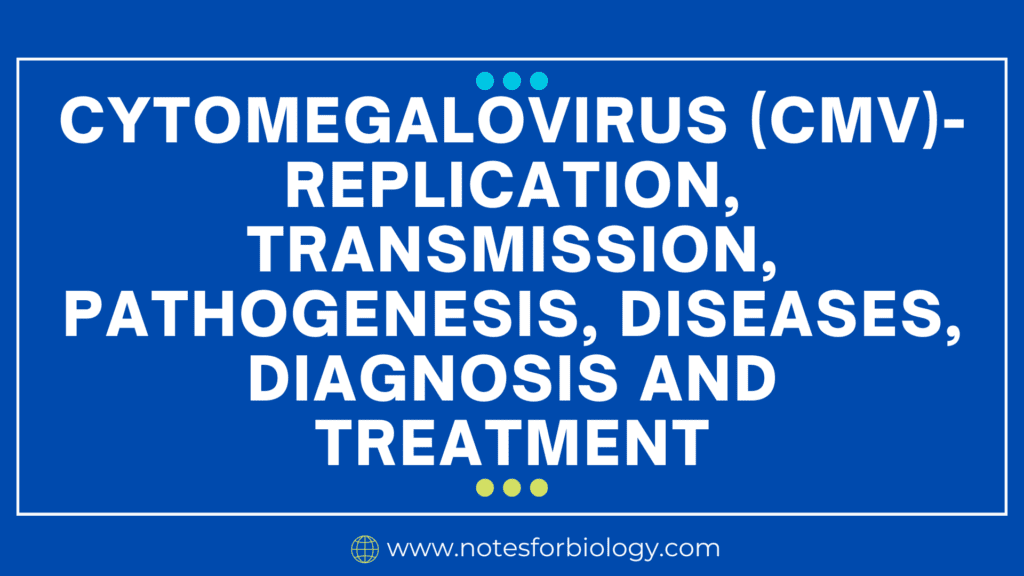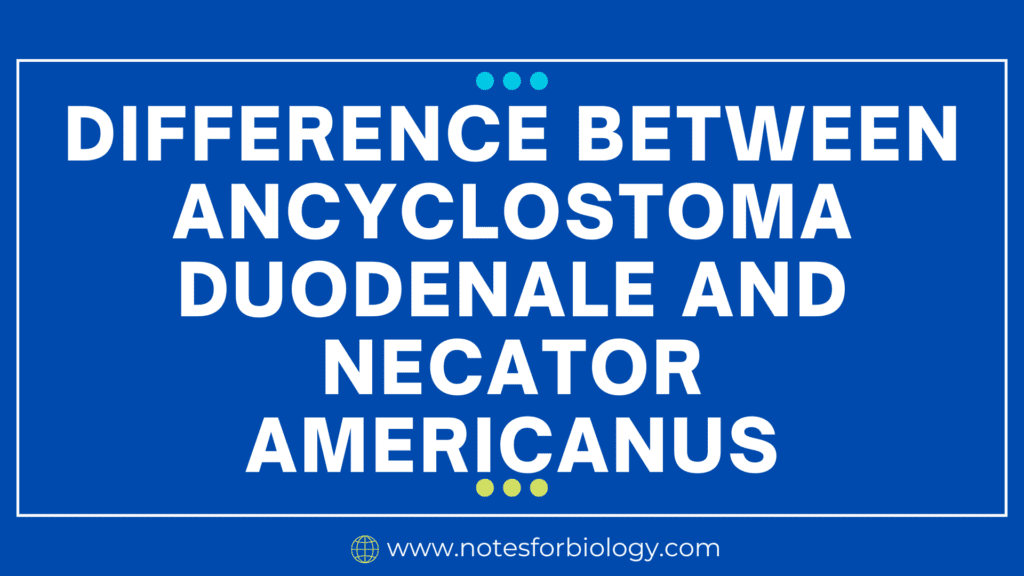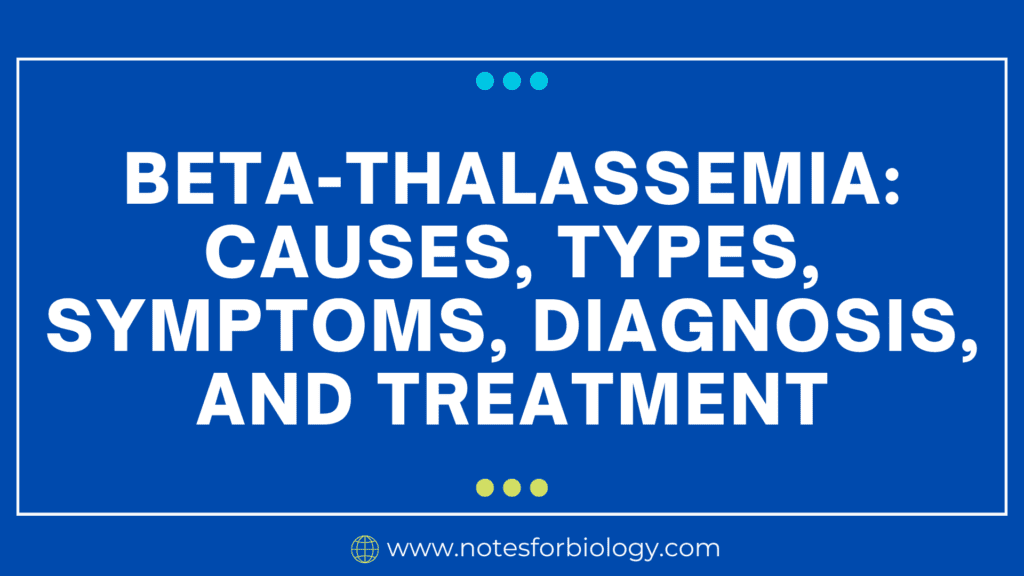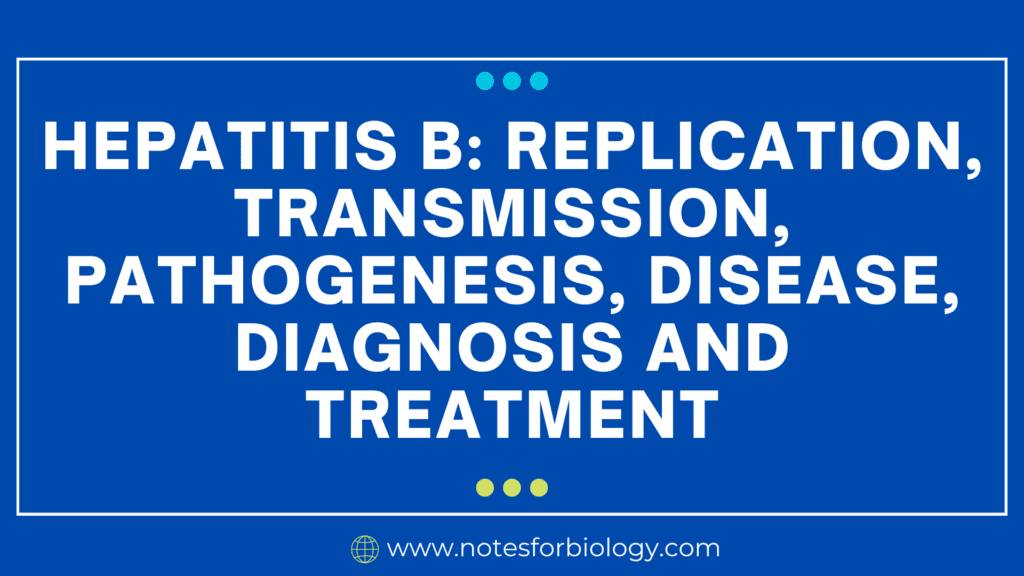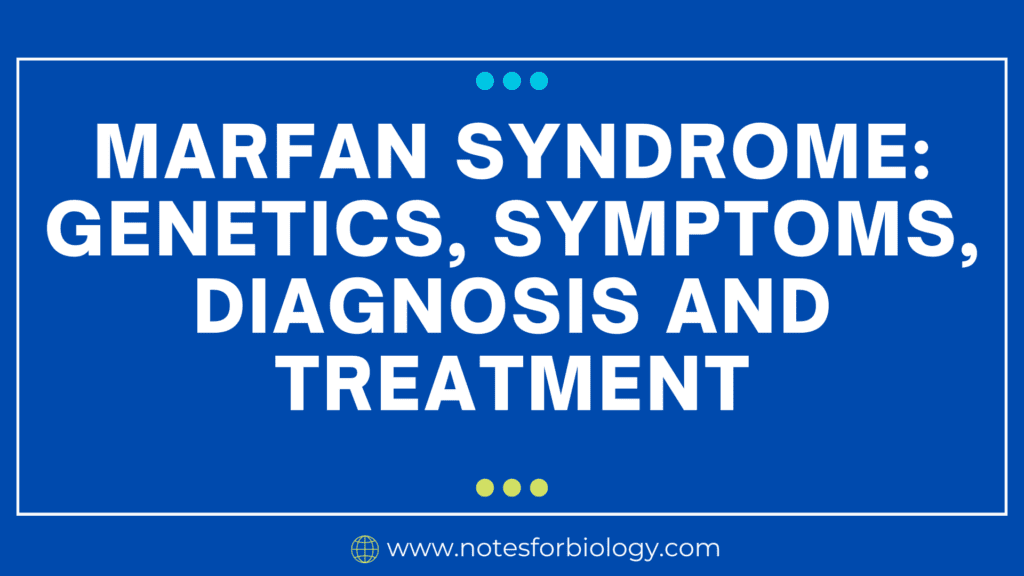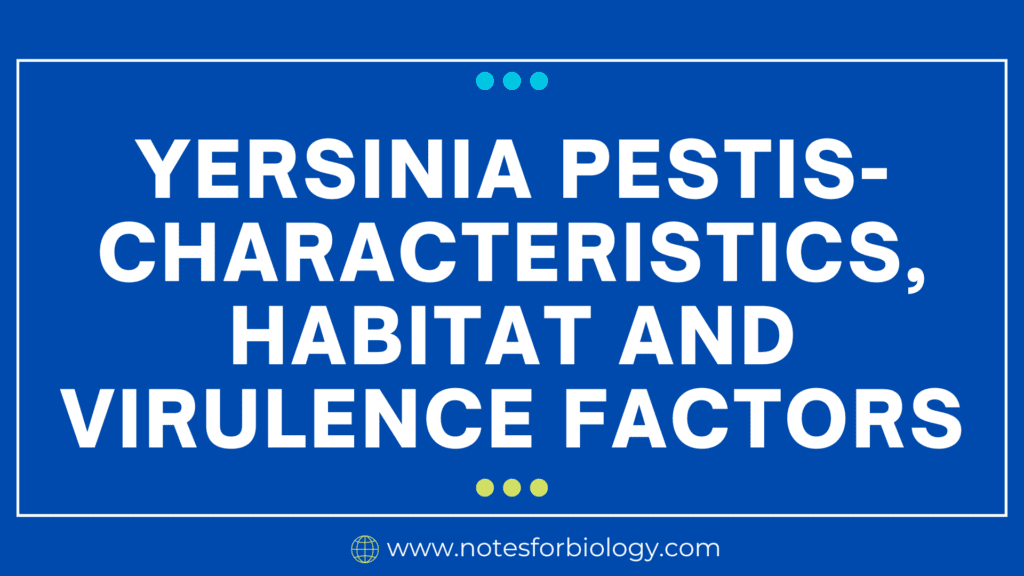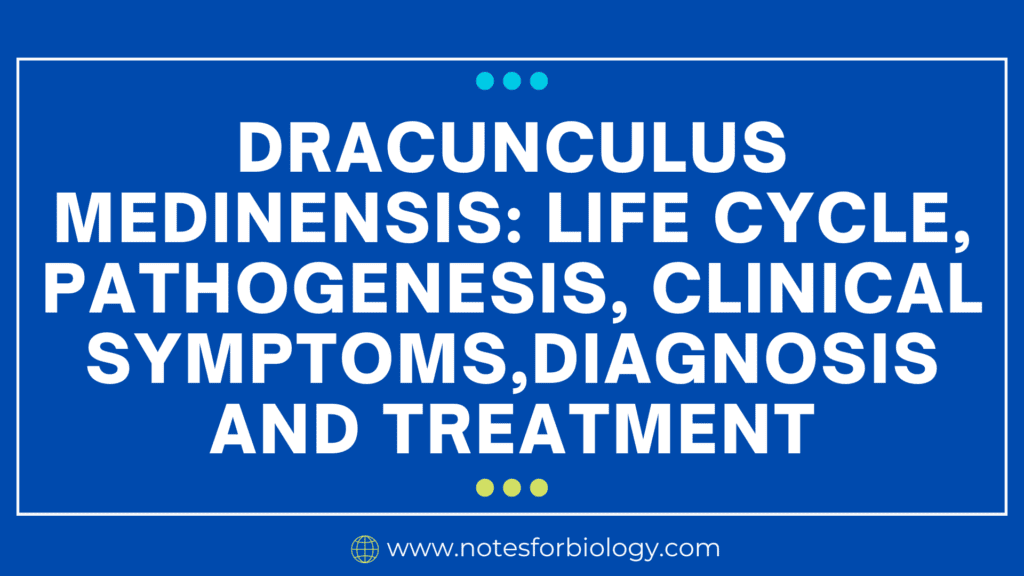CAMP test: Principle, Requirements, Procedure and Result interpretation
CAMP test The CAMP (Christie, Atkins, Munch-Petersen) test is a microbiological procedure used to differentiate between two closely related bacterial species: Streptococcus agalactiae (Group B Streptococcus) and Streptococcus dysgalactiae. Both species are commonly found in the human gut, and S. agalactiae can be a significant pathogen, particularly for newborns and pregnant women. Understanding the Principle The CAMP test hinges on […]
CAMP test: Principle, Requirements, Procedure and Result interpretation Read More »


